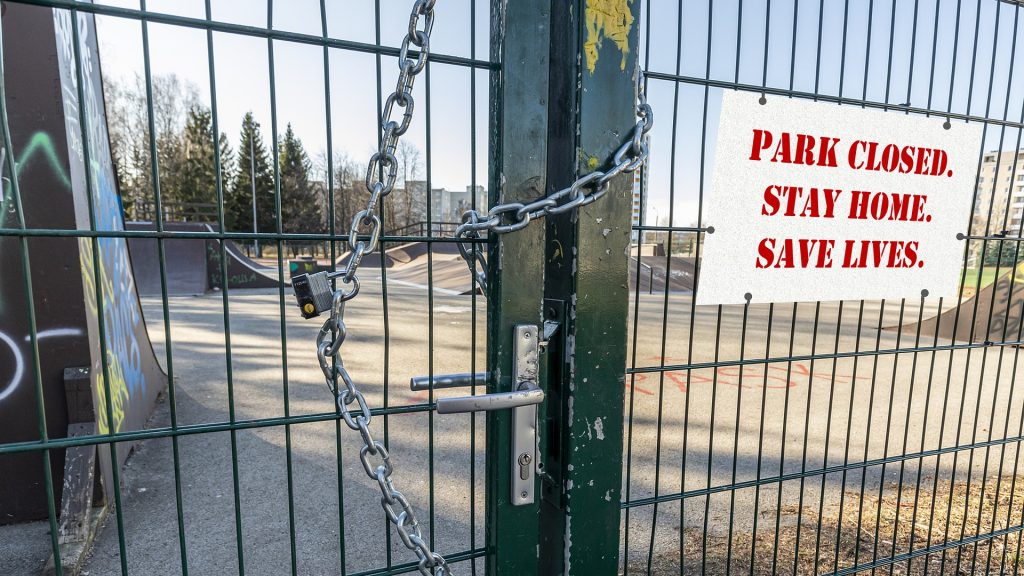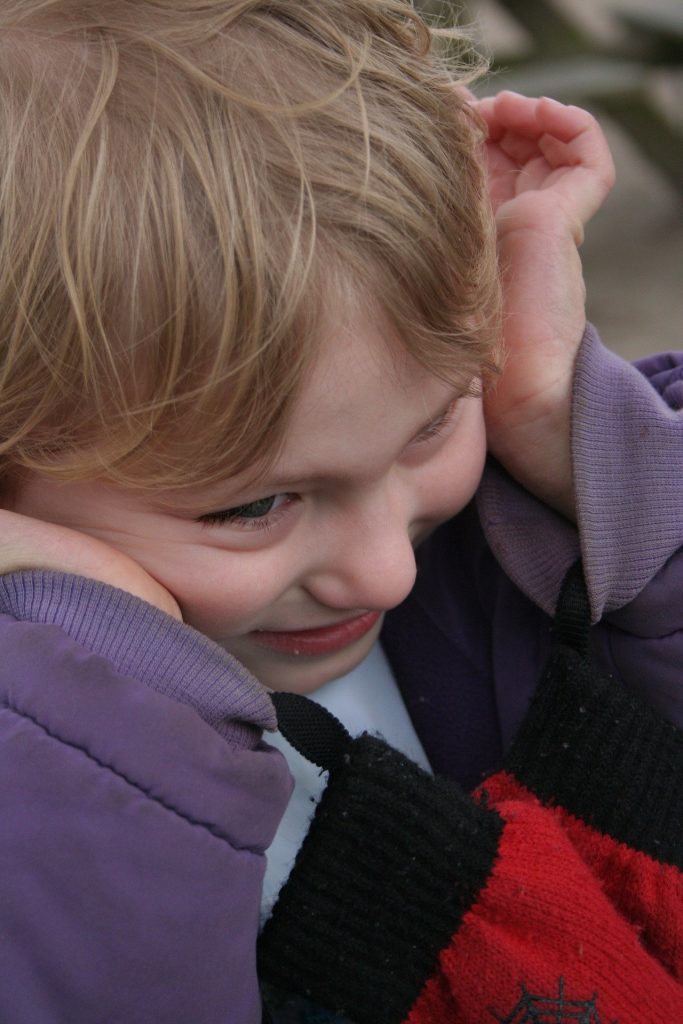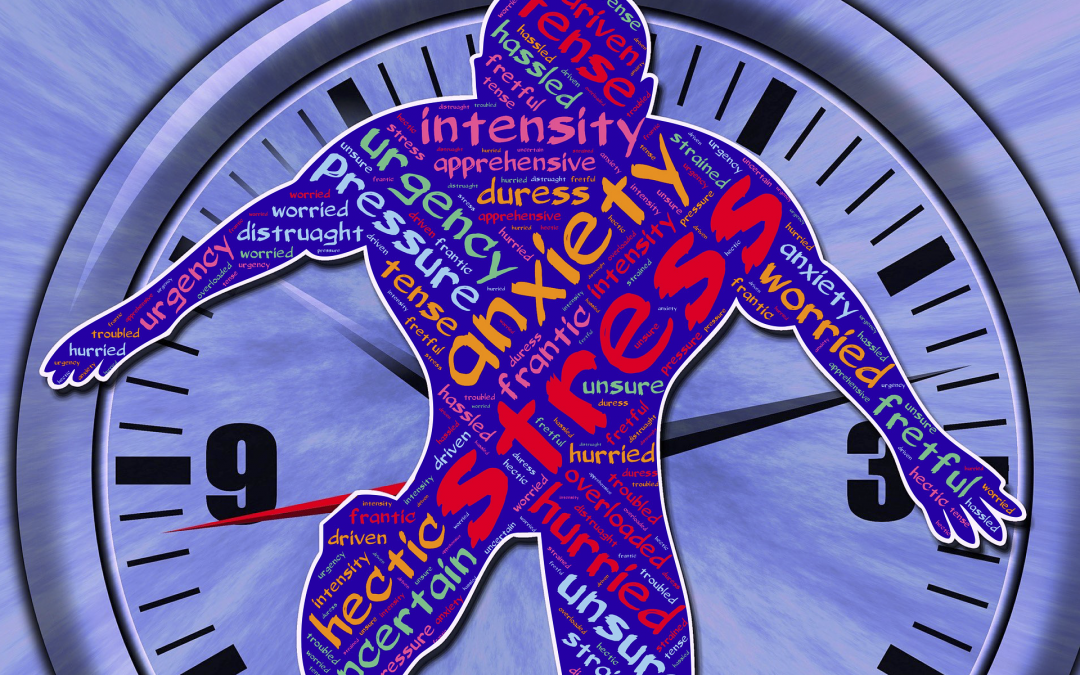COVID-19 has changed our lives. The virus originating in Wuhan, China has spread across the world, killing thousands of people. COVID-19 is a threat to life and has led to the need for social isolation, social distancing and ‘lockdown’ to prevent its rapid spread. These physical life changes are likely to impact on us all emotionally. Our lives are akin to a Hollywood blockbuster and we do not know when this will come to an end. Upset and anger is natural.

What is going on for our children emotionally during this time? In short, quite a lot! They, like the adults around them, are seeking to comprehend what on Earth is happening. They are learning to spend more time at home, more time with parents, siblings and are likely to be mourning a loss of routine as they knew it, a suspension of friendships and activities. Their response, as that of the adults around them, is one of survival. It is intuitive, natural and unconscious.
In one of our early posts we wrote about consistency and why is that children need this. The coronavirus pandemic highlights that it is not only children who need consistency; adults need to know what is going on too! Taking a look at adult behaviour gives us an insight into what it is our children might be feeling.
Before ‘lockdown’ swept the nation there were several reports of fights in supermarket aisles and empty shelves. Toilet roll was bought in panic across several countries and in the US there was even an increase in guns sales. It was an uncertain time and it still is. Until 12th January there were no reported cases of COVID-19 outside of China, it was isolated, it felt a long way away – and then it started moving. By 2nd February there were reported cases in Thailand, India, Philippines, Russia, Spain, Sweden, the UK, Australia, Canada, Germany, Japan, Singapore, the US, the UAE, Vietnam, Nepal, France, Malaysia, Singapore, South Korea and Taiwan (Source: Aljazeera News).
What relevance does this have to the emotions of your children? During this time, we did not know what was going to happen. We watched as countries in close proximity to us went into lockdown. The number of deaths increasing. News coverage of little else. Our lives were becoming consumed by this killer virus and with it, anxiety raising. Our behaviours as adults changed. Perhaps slowly and subtly for some and more rapidly for others but there were changes and I think most people would be hard pressed to evidence no changes in their behaviour prior to enforced ‘lockdown’. As adults we have a greater ability to reason, to understand and to comprehend what it is that is needed than our children but still the uncertainty led to changes in behaviour and so it is no surprise that there are changes for our children too.
Primal instinct
When we perceive fear, our brains fall back into primal ways of functioning. In the base of the brain there is a collection of cells called the amygdala. This controls what is commonly known as the ‘fight or flight’ response. In our day-to-day lives the amygdala, on the most part, has a good relationship with the more rational part of our brains called the frontal lobes. The amygdala perceives a threat and has a check with the frontal lobe about the perceived fear; you know when you jump because you didn’t realise someone else was on the other side of the door, but instantly calm? That’s the ‘conversation’ in action.
We are currently in a state of constant elevated threat. Anxiety, fear and anger (valid emotions for the current situation) all trigger this fight or flight response (Source: Healthline). This perceived fear can make us do things that are otherwise out of character or irrational (like stockpiling toilet roll). This has been referred to as the ‘amygdala hijack’ (Goleman, 1996) and is as a result of increased levels of cortisol and adrenaline within the body.
In children elevated levels of stress (cortisol and adrenaline) can lead to ‘acting out’ type behaviours, ‘hyperactivity’, difficulties sleeping, high levels of expressed emotions (ie. ‘tantrums’ or upset), whingy, ‘neediness’/clinginess, frustration – the list goes on. Children also have immature brains. Their frontal lobes are not developed fully and so making sense of these emotions is made even harder. Due to the ongoing threat of the Coronavirus, it is likely levels of cortisol and adrenaline will remain high.

To support your child during this time, help them identify their emotions. Help them understand what it is they might be feeling. Talk with them about your feelings. Share with them about missing your friends and activities too. Help them understand that it is okay to have these feelings. Sit with them, talk about it and try not to deny these feelings – try not to tell them not to worry or be angry. It is okay to feel these things and to express them safely.
The foundations
Clear, consistent boundaries are the foundation for managing emotions. When the ‘rules’ were more uncertain in relation to social distancing adult behaviour indicated a greater dysregulation of emotions. Panic buying for example showed anxiety amongst the adult population, seeking the government to put in place rules and regulations to manage this behaviour. Even once ‘lockdown’ was enforced, individuals have found loopholes in the guidance and are seeking ways still do what they feel they are entitled to. Change the context and it sounds a lot like a teenager responding to a parent’s boundaries doesn’t it? We are complex emotional beings and we need to know someone is ‘holding’ our feelings in order to feel safe.
Much like the government rules in relation to social distancing parents and carers implement rules to keep their children safe. At times like this, these boundaries are likely to be tested. Children do this anyway, but more so at times of uncertainty as they are seeking confirmation that their caregiver is consistent and will keep them safe. Younger children are more likely to use physical behaviours to express their dislike of boundaries – hitting, kicking, throwing etc. As children get older they may use words. They may start to say things like ‘I don’t like/love you’. They again are checking your staying power. Teenage children will almost return to the physical rejection of boundaries just in a different way; they can physically leave the house for example.
Maintaining clear and consistent boundaries is really important for children of all ages. Ensure there are consequences in place or strategies for managing behaviours and these too are consistent. Consequences should be just that and not a punishment. Make them short term if you are implementing a consequence and ensure they are ‘issued’ at the time of the ‘offence’ and not in retrospect. Children cannot make the connections needed for this to be effective.
Control
Looking back to adult behaviour, prior to ‘lockdown’ supermarkets were overrun with customers; Tesco reported a 30% increase in sales (Source: ITV News). This stockpiling and panic buying allows people to feel in control of something when they feel out of control. It allows action to be taken in a situation that is uncontrollable. Like a child having a ‘meltdown’ seeking control, adults were seeking to control an uncontrollable situation. Children seek to control situations where they feel out of control. They may refuse to get dressed, do school-work or eat dinner for example. During this period, where children do not feel like they have control they may exert this in different ways. Control helps them feel safe. Thinking about how adults responded to this crisis and how extreme this was, puts into perspective some of the behaviours we may see in our children.

Allowing your children to control what is acceptable to you during this time will be helpful for them. Can they wear that party outfit to play in the garden? Can they eat their cereal out of that ramekin? Is it okay for them to shower in the middle of the day? You need to choose what is and is not acceptable to you. If you are unsure, ask yourself if it is safe? What are the negatives? Make sure the decision you make is not going to add to your stress.
Complex emotions and emotional expression are going to happen during this pandemic. The return to ‘normal life’ is also likely to be a difficult transition and it may be more complex for some children and parents. Having some level of understanding as to what may be happening for your child at this time is a helpful start to supporting them appropriately. If you would like to read further on managing your child’s emotions, have a read of this article – Coronavirus and emotions: How do I help my child manage their emotions?


Recent Comments